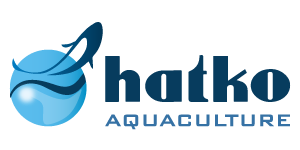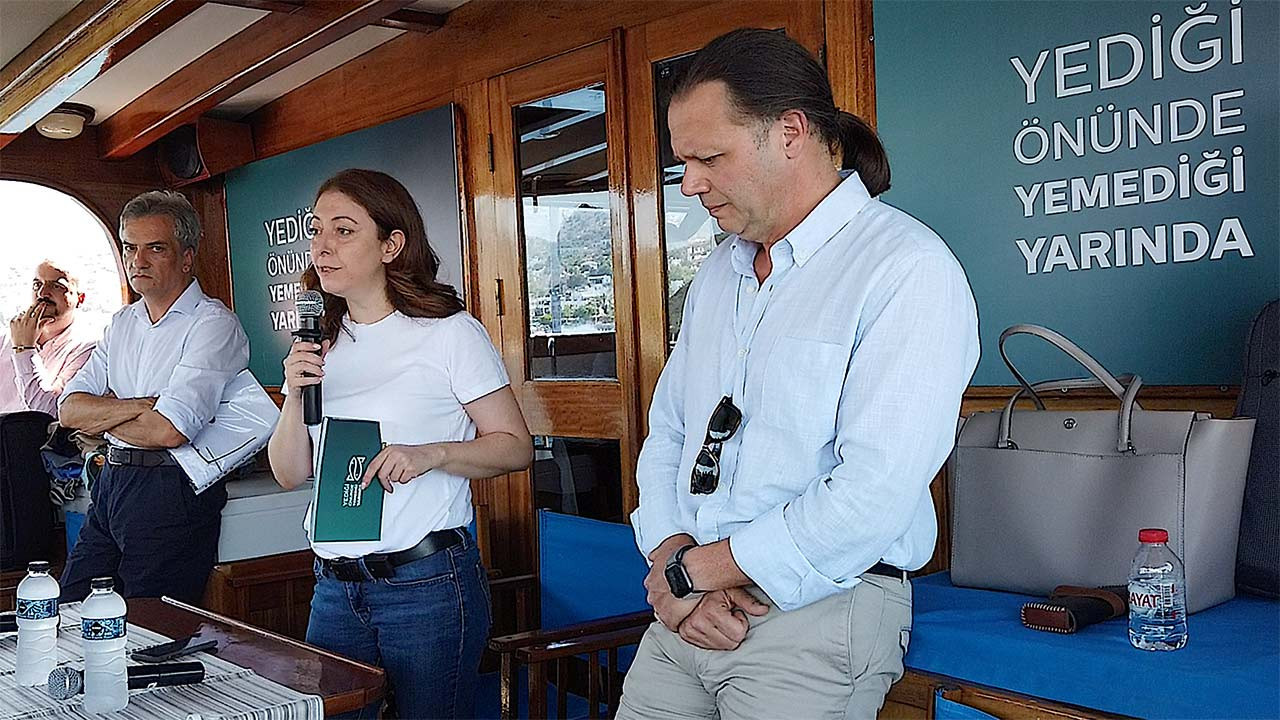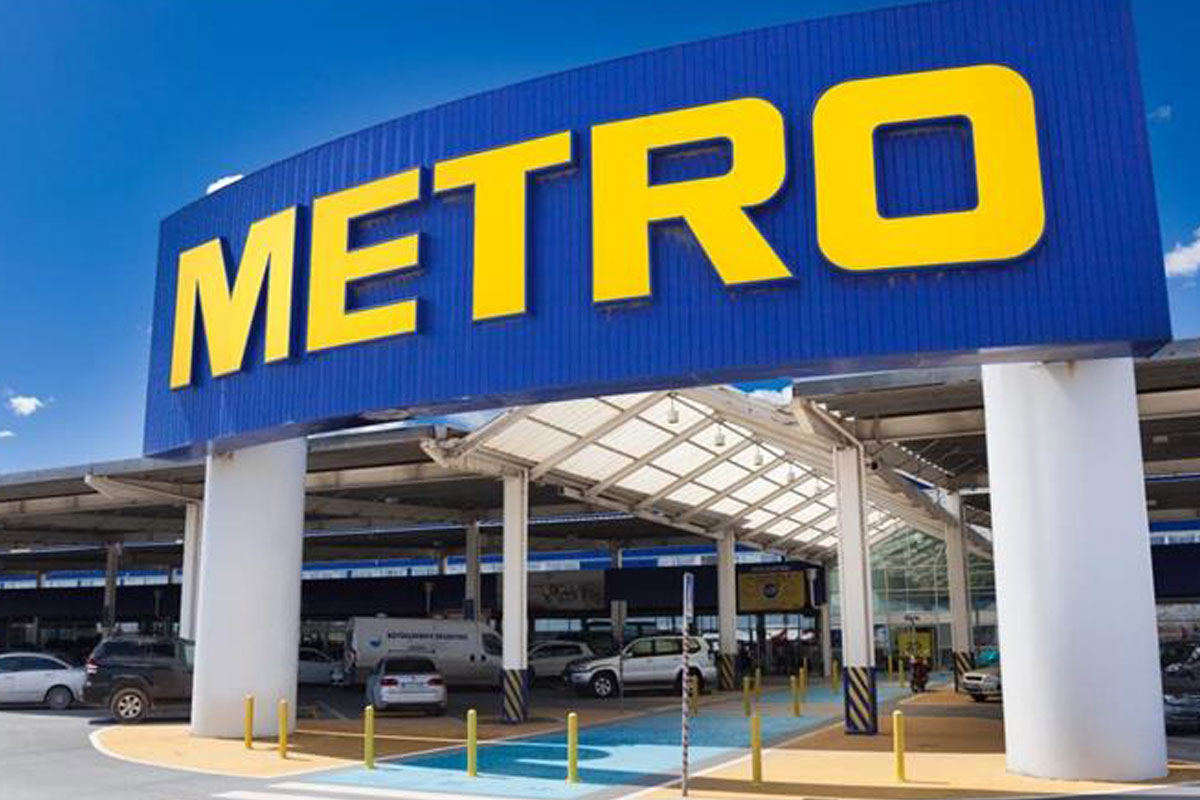Due the fact that increasing pollution, proliferation of biological wastes and adding climate change, the problems grow and deepen in our seas. We often confront warnings about consuming seafood carefully.
However, we know from the stories of our elders and what is written in the books, once a upon time, for example, swords, bluefish, mackerel, bonito, bonito, weasel, scorpion, picarel, horse mackerel, lobsters and delicious mussels were caught around Kanlıca in the Bosphorus. Think of it this way, in the 1950s there was mention of lobster… Half a century later, we are trying to fight mucilage today.
I have been following the sea fish – farmed fish discussions for a long time in such an environment and I try to visit the production sites and farms of aquacultures as much as possible. The Production is the most important in terms of reducing the consumption of wild species. If they are fed with the right feeds under the right conditions and do not harm the nature with their wastes because I know from my own experience that there is no loss in the taste of farm products.
However, annual fish consumption is 6.2 kg per capita in our country, but the world average is 21 kg. This rate reaches 24 kg in Europe, 90 kg in Iceland, and 67 kg in South Korea.
As it is known, fish and other aquatic products are one of the most important sources of animal protein, which is one of the most important elements of human physical and mental development. Nearly half of these aquatic products, which are one of the oldest food sources of human beings, are obtained by aquaculture in ocean, sea and inland waters today.
Aquaculture
As aquaculture products can be sold at more affordable prices, it creates an opportunity for everyone to eat these important protein sources. However, when buying from fishermen or ordering in restaurants, we often ask “farm or sea?” the question is asked. Of course, it is important to prefer natural fish such as fruits, vegetables and meat, but more importantly, their sustainable future and our healthy diet. Many countries around the world pay attention to these topics, and there is no doubt about the gastronomic and nutritional values of farm products.
In order to preserve the culinary culture, the products consumed on the table must be produced in a sustainable way and conveyed to the next generations. Metro Turkey, which attaches great importance to sustainability, has been supporting local products and fish with different projects for 30 years in this context. Projects such as “Look at your daughter and get her mother” to protect the bluefish’s generation, “Where are the bonitos?” and “Let’s leave today’s fish for tomorrow” to follow the migration routes of the bonito are among them. This time, we see the signature of Metro Turkey in the sustainable Fish Project ‘’ In the lap of luxury’’ from Metro Turkey supported by an alternative feed solution in farm fishing. Recently, with the participation of Metro Turkey CEO Sinem Türüng, we visited one of the farms that apply this new type of fish feed.
Sinem Türüng
Sinem Türung says the following about the project:
“85 percent of the world’s marine stocks are either fully exploited or overfished. As a global society of 7.5 billion people currently, our number is expected to reach 9.5 billion by 2050. As a result, the prediction that current global food production capacity should nearly double by the middle of this century makes long-term food and food security one of the most pressing challenges we face today. Fish is among the indispensable products of our tables with its benefits to human health.
The Fish Project ‘’ In the lap of luxury’’ from Metro Turkey
will support the development of sustainable fisheries in our country. Thus, it will ensure that more fish reach the tables with healthy methods and contribute to the economy.
They are fed with algae bait.
Under the leadership of Metro Turkey, the project, which was carried out in cooperation with fish feed suppliers Skretting and fish producer Hatko Aquaculture, was launched in Bodrum, Muğla. Within the scope of the project, more sustainable sea bass and sea bream are produced in fish cages specific to Metro Turkey, which are fed with algae oil-containing feeds that are different from their counterparts in the market and increase Omega values. Thanks to this special bait, the project aims in order to produce 150 tons of fish and save 180 tons of sea fish. This means supplying the annual fish needs of 30 thousand people. In this way, the value of Omega 3 fatty acids in fish is increased. These fatty acids are very beneficial for human health.
While Metro Turkey feeds the fish with this method, as a second step, it also keeps their habitats widely. There is rate of 8-10 kg fish per cubic meter in the cages. At the beginning of 2022, these fishes which are raised in cages in the open seas, are planned to meet with consumers in an average of 13-16 months, under the brand of Metro Premium.




